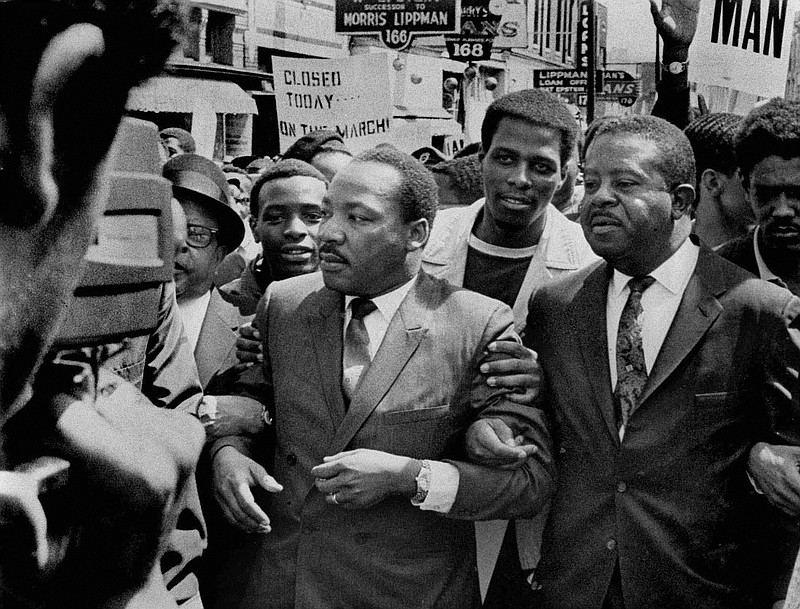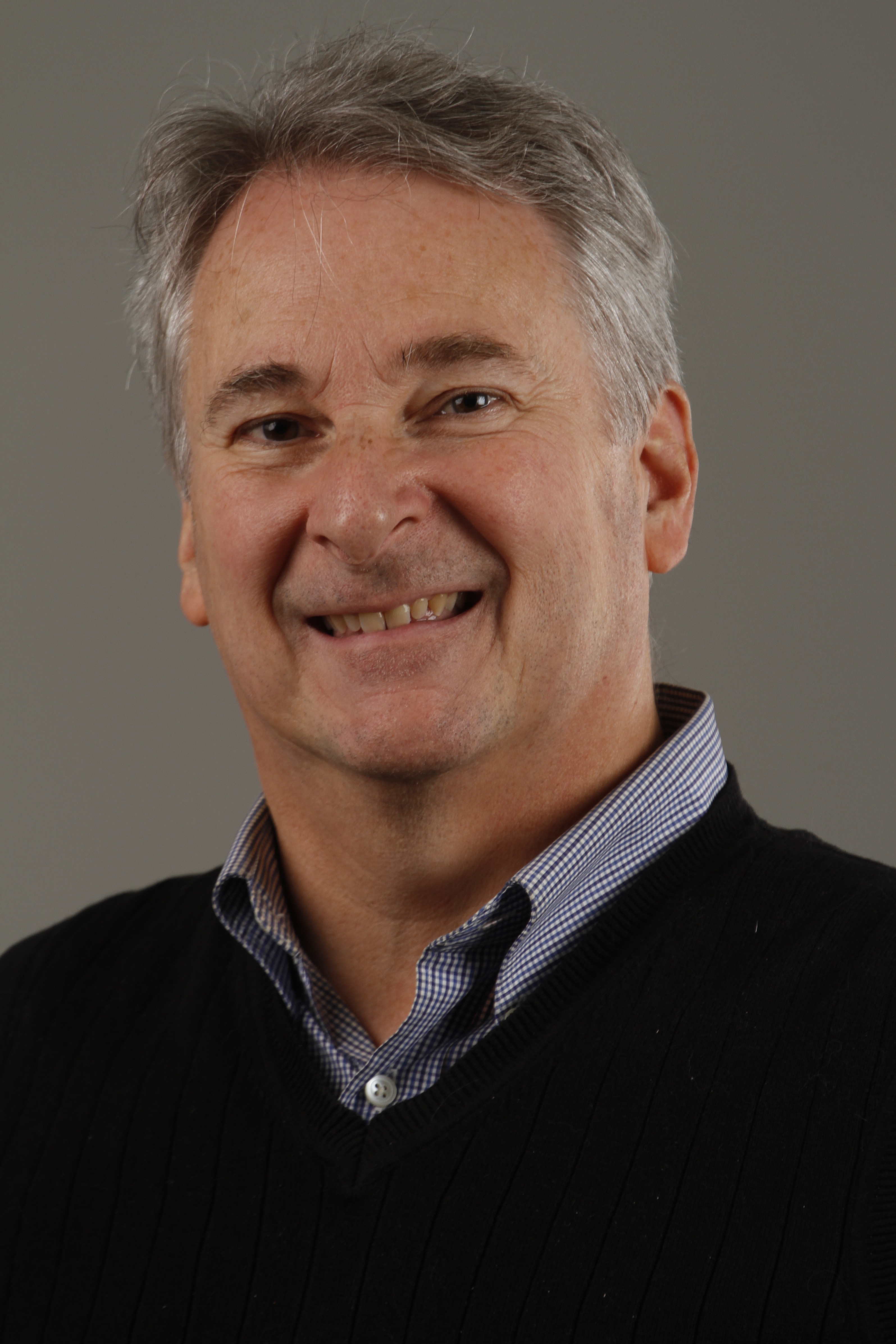The console television in the living room of my neighbor's house was on as he and I breezed through on April 4, 1968, after we had engaged in some sort of outdoor activity. Regular programming had been interrupted with a special report.
Dr. Martin Luther King Jr., the civil rights leader, had been shot at the Lorraine Motel in Memphis. That was 50 years ago today.
If I tell you I was paralyzed in grief or immediately thought about the impact on the black population, I'd be lying. There were no black children in our school, no black families in our neighborhood and the only black people I knew worked for my family. A black woman cleaned our home, washed and dried our clothes, and stayed with my younger sister, brother and I after school since both our parents worked. And a black man - sometimes men - delivered supplies for our parents' retail store.
It was, perhaps, the 1968 version of white privilege.
I wasn't unaware of how most black people lived. When we took the woman who worked for my family home, we saw the shape her dark red frame house with the white trim was in. It had neither the size nor the structural well-being of our five-bedroom, three-bath rancher. It probably didn't have air conditioning, didn't have much of a yard to speak of, and the car her husband drove came from the previous decade.
On the occasions we accompanied my mother on sales calls through all parts of Chattanooga, we saw various pockets of those same type of houses. They were all occupied by black families.
Our family still tells the story of my younger brother's pronouncement at seeing one of these houses with a spotless dirt front yard. "They have the cleanest dirt in town," he said.
Neither of my parents were racists, but neither were they racial crusaders. They lived, it might be fair to say, in the times as they were, not as some might have wanted them to be.
So my interest in the King assassination, at the time, as a not-yet-10-year-old, was its place in history. I watched portions of his funeral, noted the stoic yet unlined face of his widow, picked out famous people in attendance, and closely followed the trail of his assassin. We were on vacation in Florida when that assassin, James Earl Ray, was arrested in London two months and four days later. It was the same day Sen. Robert F. Kennedy was buried, an event I also had watched on our motel room television.
Back at school, black people were few and far between in our textbooks, and when they were, one of our social studies teachers referred to them benignly as "nigras." I could read "George Carver: Boy Scientist" and "Booker T. Washington: Ambitious Boy" in the Bobbs-Merrill Co. Childhood of Famous Americans series, but that was about it. I don't even remember much discussion being had about King's assassination.
Today, intimates and family members of the civil rights leader argue over his legacy. Some say he would be ashamed at what today passes for civil rights. Others complain very little has changed since his death.
On the night before his death, King, in a speech at the Mason Temple (Church of God in Christ headquarters) in Memphis, foreshadowed - with an allusion to Moses in the Bible's Old Testament - the events of the next day.
"Well, I don't know what will happen now," he said. "We've got some difficult days ahead. But it really doesn't matter with me now, because I've been to the mountaintop. And I don't mind. Like anybody, I would like to live - a long life; longevity has its place. But I'm not concerned about that now. I just want to do God's will. And he's allowed me to go up to the mountain. And I've looked over. And I've seen the Promised Land. I may not get there with you. But I want you to know tonight, that we, as a people, will get to the Promised Land."
The Promised Land means different things to different people. I could enumerate the ways in which life is better for most blacks in the United States since King's death, but I am not black. Their Promised Land may be different from what I perceive as their Promised Land.
If I am stopped by the police anywhere in the U.S., I only have to worry about what a ticket will extract from my wallet. If I need legal representation, I may not have to take someone appointed for me. If I had not liked my child's school, teachers or condition of the building, I had choices.
Those same things are true for many blacks in this country but not for all.
Without the civil rights leader, who would have taken up his mantle? How much longer would it have taken things to change without him? Would a black person yet have been an astronaut, the country's pre-eminent golfer, secretary of state, president of the United States?
Since King did not define his Promised Land, we can only speculate. I choose to believe it was not a destination but a country where opportunities are equal and where we help each other take advantage of those opportunities. Undoubtedly, it's a work in progress. But surely because of King we can say we're not who we ought to be, but thank God we're not who we used to be.
Clint Cooper, a Chattanooga native, is editor of the Free Press editorial page.

